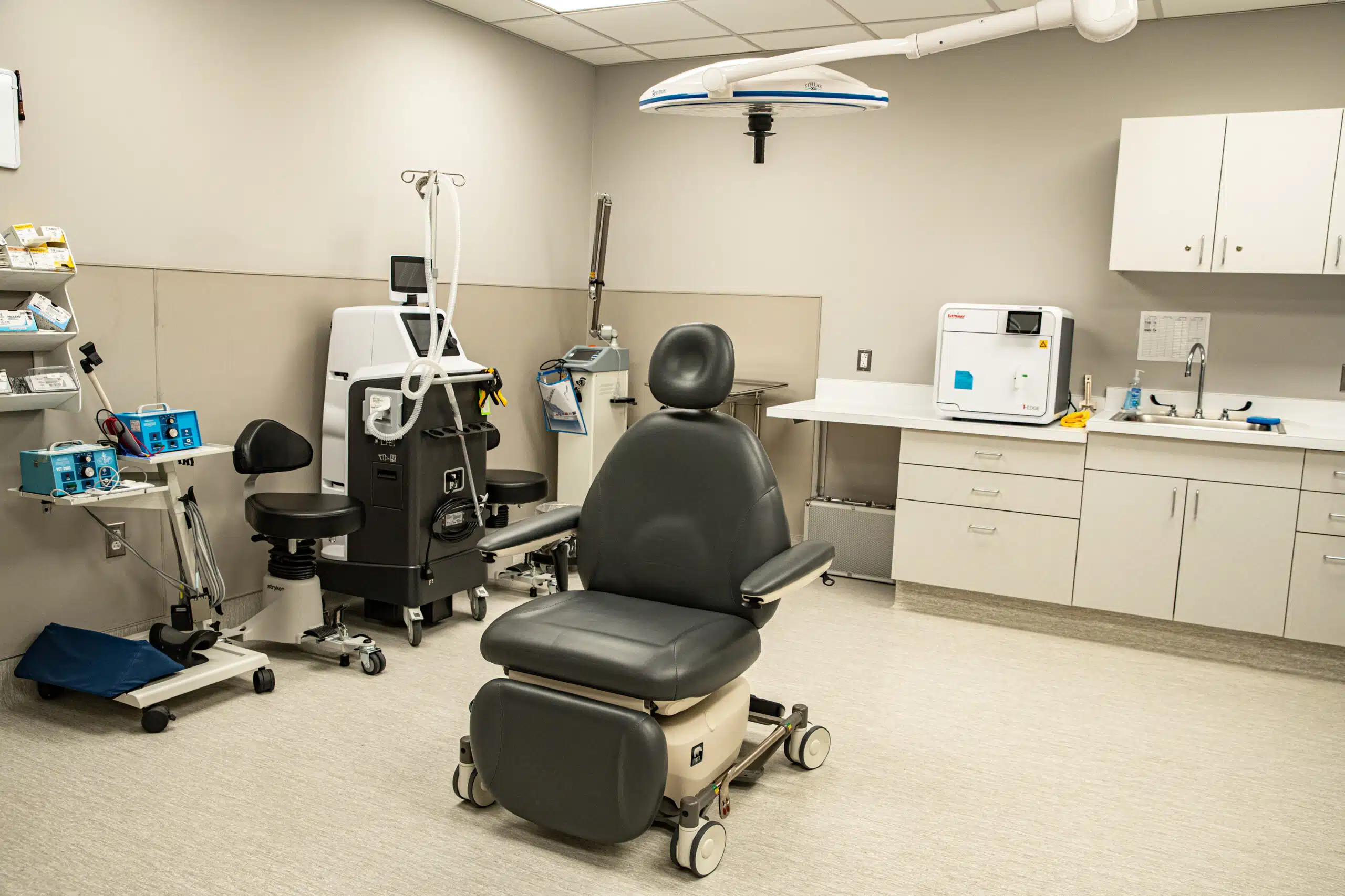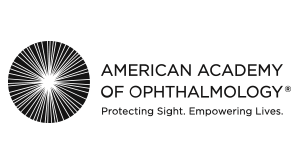Neurotrophic Keratitis


Neurotrophic Keratitis (NK) is a rare degenerative disease of the cornea, primarily caused by impaired corneal innervation. The disease can lead to progressive damage to the corneal surface, with significant implications for vision and quality of life.
The cornea – the clear part in the front of the eye – is a unique biological tissue in that it has no blood vessels and is optically clear. The clarity of the cornea is a fundamental aspect of vision; without this clarity, good vision is impossible.
While the cornea lacks blood vessels and mostly obtains its oxygen supply directly from the air, it is very rich in innervation. It is among the most highly innervated tissues in the body, and even minor injuries to the cornea can be terribly painful (e.g. corneal scratch).
Fortunately, the cornea is also the fastest-healing tissue in the body. The ability of the cornea to heal requires special biological signals from the nerves. These signals – neurotrophic molecules – stimulate the cells of the cornea to divide and reform the damaged tissue.
Neurotrophic keratitis is a disorder in which the cornea has lost its nerves.
There are many causes to neurotrophic keratitis, including chronic trauma from dry eyes, chronic inflammation, herpes infection, and even congenital absence of the nerve.
A major medical advance of the past decade has been the development of techniques to reinnervate the cornea. These include both medical (eye drops) and surgical (corneal neurotization).
The eye drops (cenegermin-bkbj, known as Oxervate) are most useful when the denervation is distal and fairly recent, caused by chronic dry eyes. Otherwise, surgery is required.
The cornea is among the most highly innervated tissues in the body. Corneal innervation is required for maintaining corneal health, including the unique transparency of corneal tissue.
Neurotrophic keratitis refers to corneal damage in patients with damaged corneal nerves.
Treatment strategies focus on promoting healing, protecting the cornea, and preventing progression:
Neurotrophic Keratitis presents a significant challenge due to its potential to impair vision severely.
While traditional treatments focus on symptom management and protecting the cornea, surgery to restore corneal innervation and epithelial homeostasis is necessary to treat the underlying cause.
At Kahana Oculoplastic and Orbital Surgery, we offer a full range of treatments, including corneal neurotization surgery. We work closely with Cornea specialists on tailoring treatment.
Many patients have seen their corneas stabilize and their vision improve following treatment. In patients with corneal scarring related to neurotrophic keratitis, corneal neurotization can allow them to become candidates for corneal transplant surgery that can restore corneal clarity.
Dr. Kahana is the most experienced corneal neurotization surgeon in Michigan and among the most experienced in the world, modifying the technique to improve outcomes.







